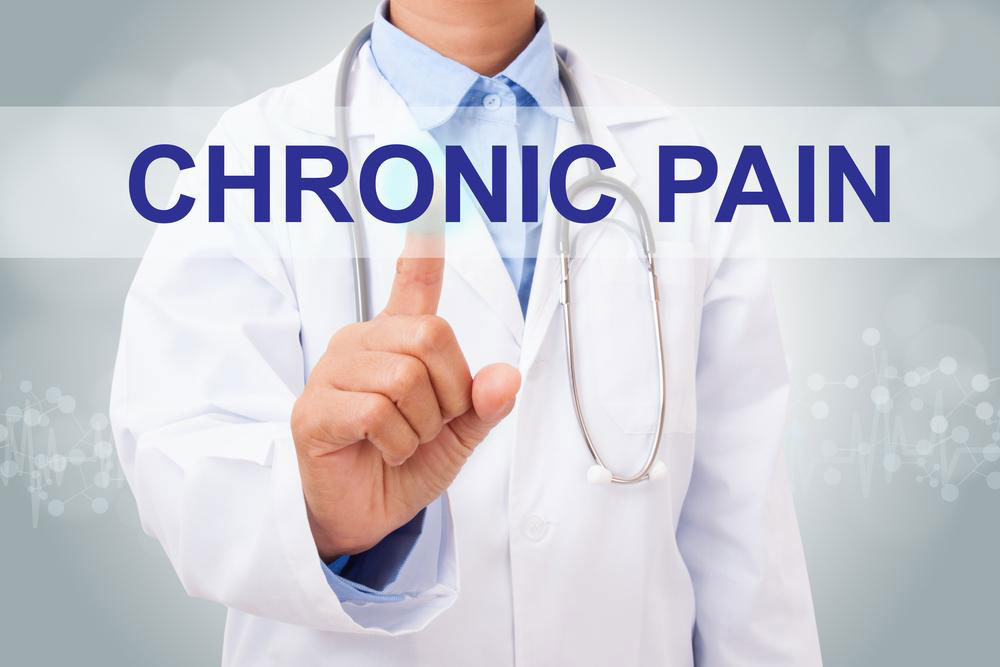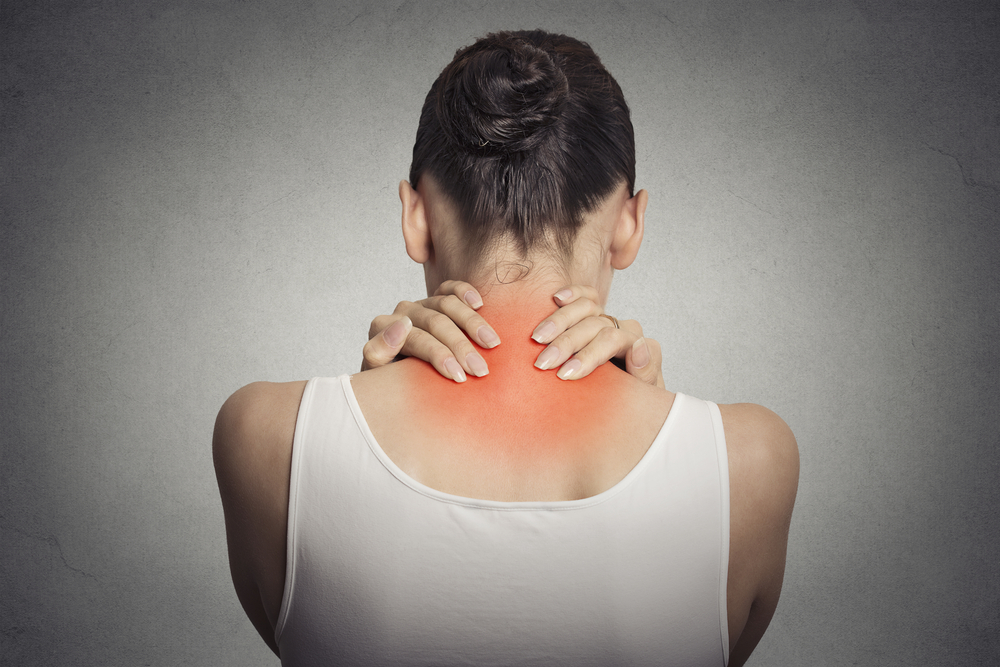Understanding and Managing Chronic Pain Effectively
This article delves into the differences between acute and chronic pain, emphasizing the importance of proper diagnosis and personalized treatment. It discusses effective management strategies including medication, therapies, and lifestyle changes to help individuals overcome persistent pain. Preventive tips are also provided to maintain mobility and mental well-being. Recognizing chronic pain early and seeking appropriate medical care can significantly improve quality of life and restore functionality, highlighting the need for awareness and proactive health management.

Understanding and Managing Chronic Pain Effectively
Pain management is an often overlooked area of healthcare, as many see pain as a simple, singular experience linked to pain severity. In reality, pain manifests in different forms, primarily categorized as acute and chronic. These types differ significantly in cause and treatment approaches. Let’s explore these differences in depth.
Any pain persistent beyond 12 weeks is classified as chronic, whereas acute pain is the immediate response to injury.
Typically, acute pain acts as an alert system for the body and subsides as healing progresses. Conversely, chronic pain persists for more than two months, sometimes lasting a lifetime, often resulting from internal injuries or repetitive movements that limit flexibility, strength, and stamina. Chronic pain can also contribute to mental health issues like depression and feelings of helplessness. Because it disrupts daily life, it’s essential to approach treatment with patience and ongoing care.
Medical professionals rely heavily on patient history and symptom reports to diagnose chronic pain, as there is often no specific test for its cause. The goal of treatment is to alleviate pain and restore mobility, enabling patients to resume normal activities. Approaches are tailored based on the severity and location of pain, often combining medication with therapies such as acupuncture, relaxation techniques, meditation, massage, and psychotherapy. Surgery is typically a last resort after less invasive options have been tried.
To prevent developing chronic pain, maintaining an active, energetic lifestyle is crucial. Choosing appropriate treatments and reputable healthcare providers is vital for managing symptoms effectively and improving quality of life.










